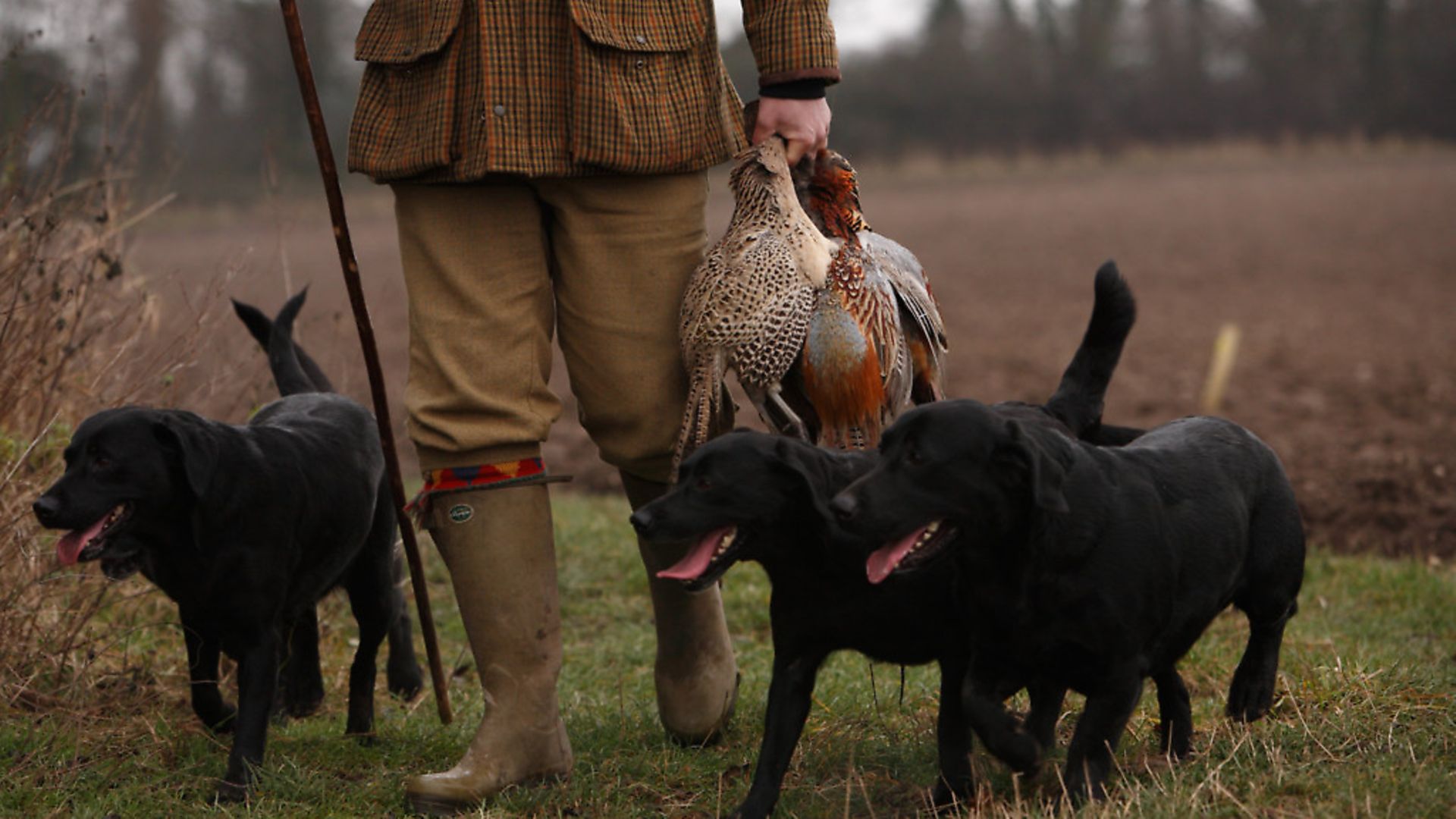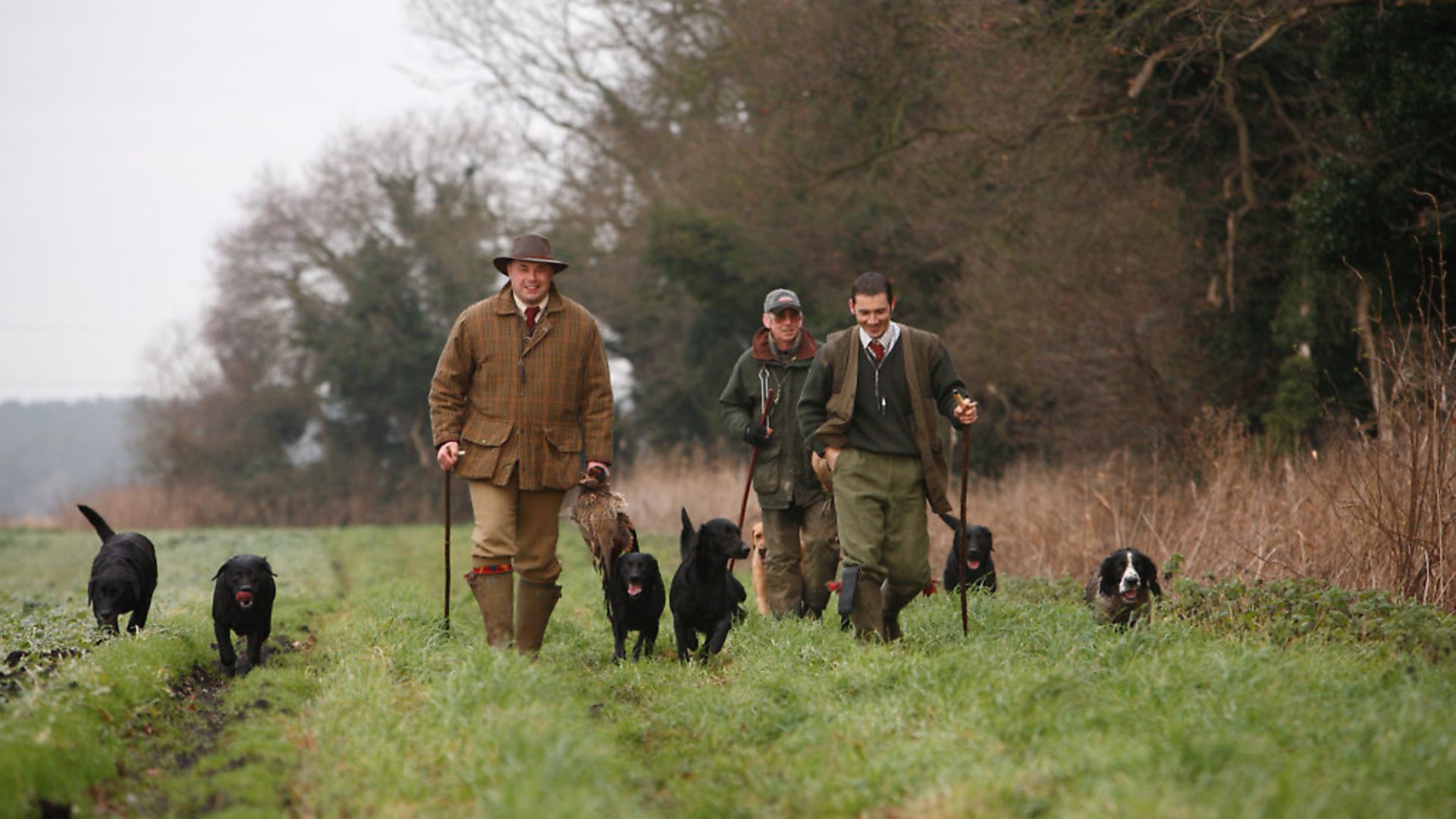Don’t get caught out by the legalities surrounding the employment of beaters and pickers-up on your shoot this season... read this advice from legal experts on the subject
 credit: Archant
credit: Archant
Shoots who use beaters and pickers-up may need to double-check whether they are inadvertently breaching rules on minimum wages and what and when they should be reporting to the HMRC.
The rules surrounding the use of beaters are complicated, which is leading to confusion among shoot operators, including farmers running private shoots, about what they need to do to comply.
Property experts Strutt & Parker, legal advisors Michelmores and accountancy firm Saffery Champness have produced a briefing paper to help guide landowners through some of the more common potential pitfalls.
The guidance looks at the need for any lump sum daily payment to comply with the national minimum wage and national living wage, and also examines when shoots need to deduct tax and supply Real Time Information to HMRC.
Rhodri Thomas, Head of Strutt & Parker’s South-west region and an experienced shoot advisor, said: “This is a complicated issue, with one of the difficulties being that many beaters and pickers up do not view what they do as a job or employment, as they do it for pure enjoyment. However, the authorities may still class them as an employee.
“Where this is the case, the rules on minimum wages apply unless it is possible to prove to HMRC that the arrangement between the beater and the shoot meets its definition of a very casual arrangement.
“Many people will consider the rules unreflective of how shoots, and beaters, operate and will hope for a change in them. However, this is our understanding of the rules in place at the current time.”
 credit: Archant
credit: Archant
MINIMUM AND LIVING WAGES
All ‘workers’ on a shoot (i.e. those who are not on a very casual arrangement) must be paid at least the national minimum wage, which applies to people under 25, or the national living wage, if over 25, for every hour that they work. This is a legal requirement and it is not possible to opt out.
Ben Sharples, partner in the agricultural team at Michelmores, said: “Who is a ‘worker’ is widely defined and is likely to cover most beaters, and in particular those operating on formal commercial shoots.
“There are exemptions for anyone who is genuinely self-employed, but to prove this they would probably need to be actively marketing their services to third parties, rather than just being recruited by a shoot.
“People on a very casual arrangement, where there is no intention to create legal relations, would also be exempt. However, the typical lump sum daily payment that many beaters receive, plus the provision of benefits such as lunch and a brace of pheasants, could well be construed as an intention to create legal relations – particularly if beaters are expected to turn up to scheduled shoots on set days.”
Best practice is for shoots to keep detailed records of the working time of all workers, excluding lunch and any rest breaks. Using these records, they can then calculate what they need to pay per day in order to meet the minimum wage rates.
For example, a 55-year-old beater who worked from 8am to 4pm with two hours off for lunch and rest breaks, would be working for a total of six hours.
To ensure that they meet the living wage minimum of £7.50/hr, this means their total pay would need to be £45/day. Lunch and the option to take a brace of birds do not count as pay and cannot be used to reduce the amount that needs to be paid to meet the NMW or NLW.
DEDUCTING TAX
Shoots are responsible for accounting to HMRC for PAYE and National Insurance contributions for any permanent employees.
Liz Brierley, partner at Saffery Champness, said: “This means that every such time an employee is paid, the shoot must tell HMRC how much tax and National Insurance has been deducted using the online Real Time Information system.
“Since April 2016, the exemption under RTI that allowed shoots to report payments to beaters on a monthly basis has been removed. This change now means all payments will need to be reported to HMRC within seven days.
“Shoots do not have to deduct tax and National Insurance from a worker’s pay if they employ them for two weeks or less as a casual worker. However, their pay is still taxable income and the worker must ensure that any tax due is paid. Some shoots choose to pay tax on behalf of the worker to avoid any potential underpayment.”
Shoots must keep records of all payments they make to workers for at least three years. This allows HMRC to track whether the worker has paid the tax required.
As a minimum, a shoot employer should keep records of all their workers including each person’s name, date of birth, gender, NI number, address and how much the person has been paid for their services.